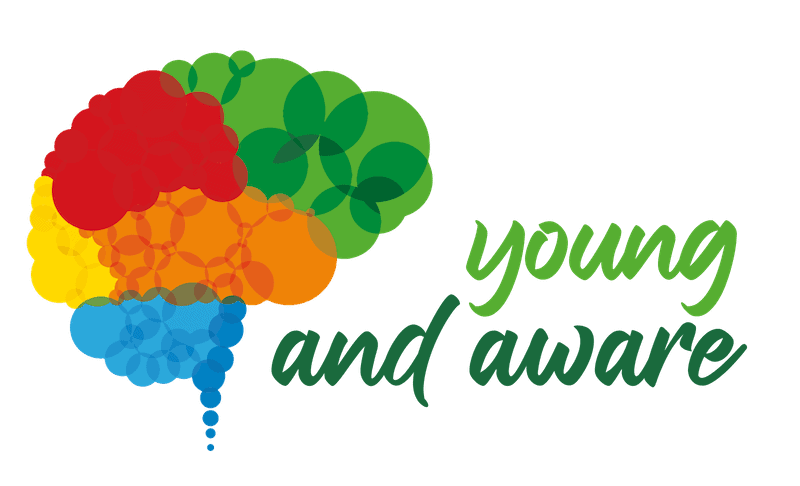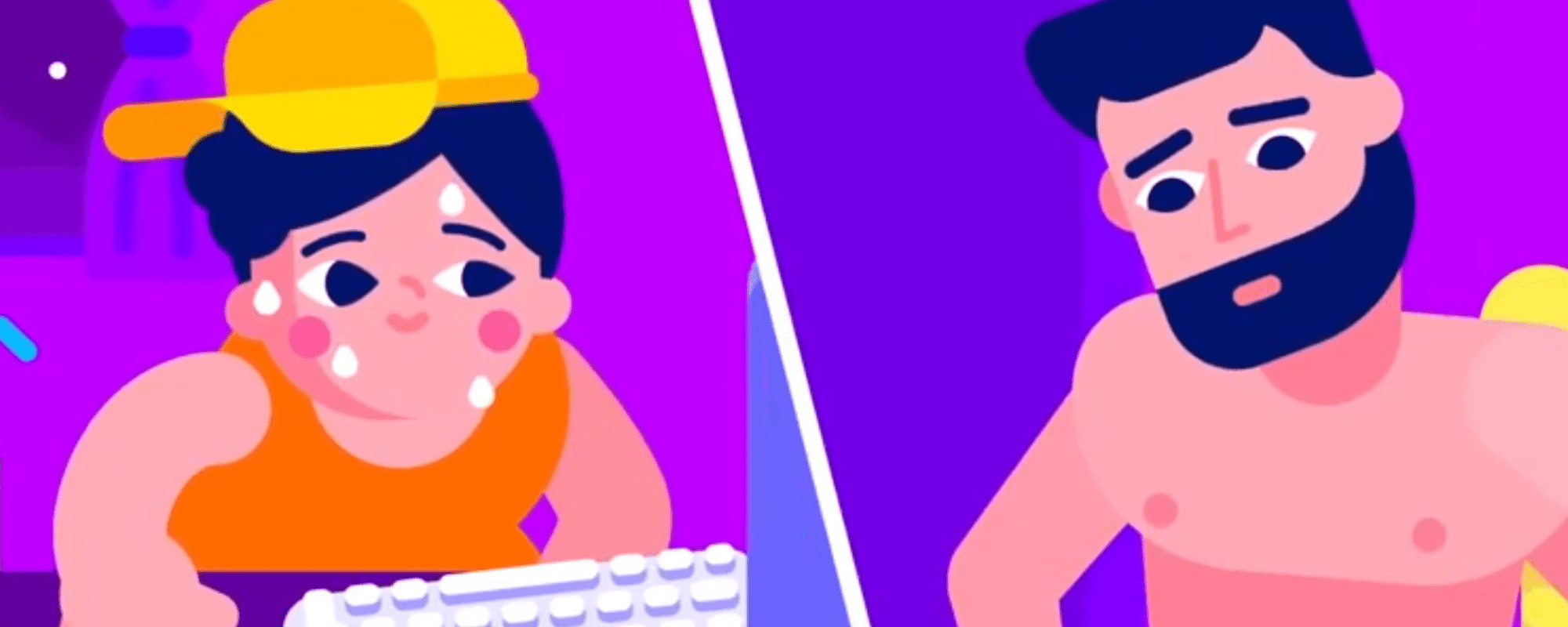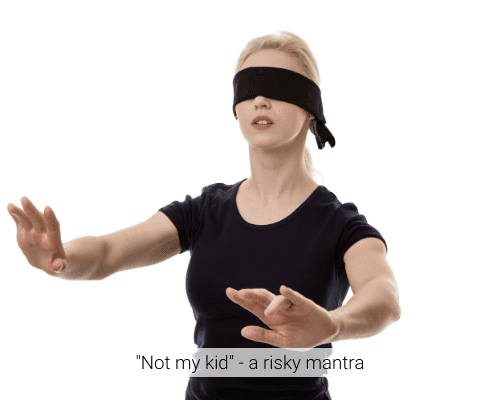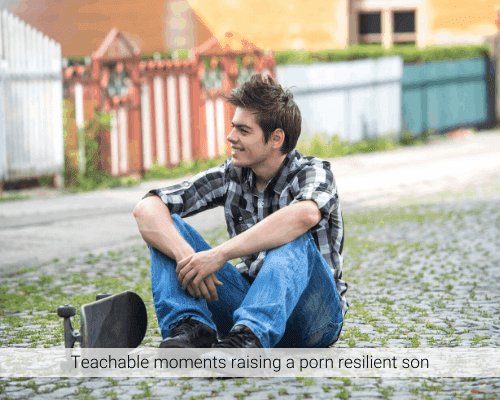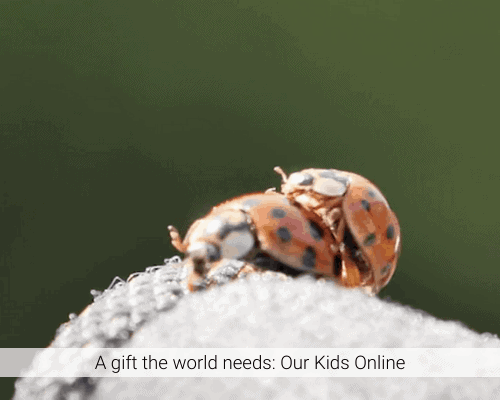Age verification for pornography access is a child-protection measure rather than an attempt to spoil anyone’s fun or stop sexual exploration.
The authors of this post, The Reward Foundation, say that quite simply porn is not for kids—we wholeheartedly agree. There is a wide range of research evidence both causal and correlative that highlights a range of mental health and physical risks from early and chronic exposure to supernormal levels of hardcore sexual material. The age verification step can help the majority of children, especially younger ones, to avoid exposure to adult sexual material and related distress.
In this short animation “Gabe” takes you through some of the health and social reasons why age verification for pornography promotes wellbeing and future relationship health.
Making the Internet safer
The video is hosted by a new site, www.ageverification.org.uk, which supports initiatives by several governments to make the internet a safer place for children. Health experts and governments recognise that children’s brains are especially vulnerable to addiction and other mental health problems. Such issues often emerge during adolescence. As a consequence, the sale of alcohol, nicotine and gambling are all restricted to adults.
The evidence for the compulsive and addictive nature of some of today’s internet products has resulted in the World Health Organization adopting new disorders in its recent eleventh revision of the International Classification of Diseases (ICD-11). These include compulsive sexual behaviour, gaming and gambling. There has been a steep increase recently in the number of clients seeking treatment for compulsive sexual behaviour disorder. Eighty per cent of those looking for help are complaining of out-of-control pornography use.
Reduce risks
Studies show that many children are already using internet pornography on a daily and weekly basis. The sudden restriction of easy access to online pornography may cause some of them to experience withdrawal symptoms (headaches, irritability, anxiety etc.) and considerable upset. While some will seek ways around the age verification restrictions, especially older children, others may just be bewildered and frustrated by the new situation. One of the purposes of this video is to explain to them why this legislation has been necessary. The hope is that they will find more informed sources of sexual knowledge and learn to entertain themselves in ways that will not risk physical and mental problems over time.
Finding help
If you, or someone you know, is adversely affected by the loss of easy access to internet pornography please see these resources for lots of free help, peer support and advice:
- Reward Foundation pages on Quitting Porn
- Your Brain on Porn™
- The Naked Truth Project
- NoFap®
- Reboot Nation
- Youth Wellbeing Project suggested Filters, Apps and Recovery Resources
- Resources for parents of kids on our Resource Page
The age-verification video comes with a CC BY-NC-ND 4.0 license. This allows anyone to distribute the video freely on social media or on the Web.
If you are in Australia and need help with a cyber safety issue, the eSafety Commissioner can help. eSafety can investigate cyberbullying of children, adult cyber abuse, image-based abuse (sharing, or threatening to share, intimate images without the consent of the person shown) and illegal and restricted content. Report online harm here.
Report concerns to the Australian Center to Counter Child Exploitation (ACCCE) about inappropriate behaviour towards children that you find online. This service can be used to report:
- Suspected online grooming or unwanted contact.
- An individual having a conversation with a child online and saying and doing inappropriate things or trying to meet in person.
- Live streaming and consuming child sexual abuse material.
- Coercing and blackmailing children for sexual purposes.
